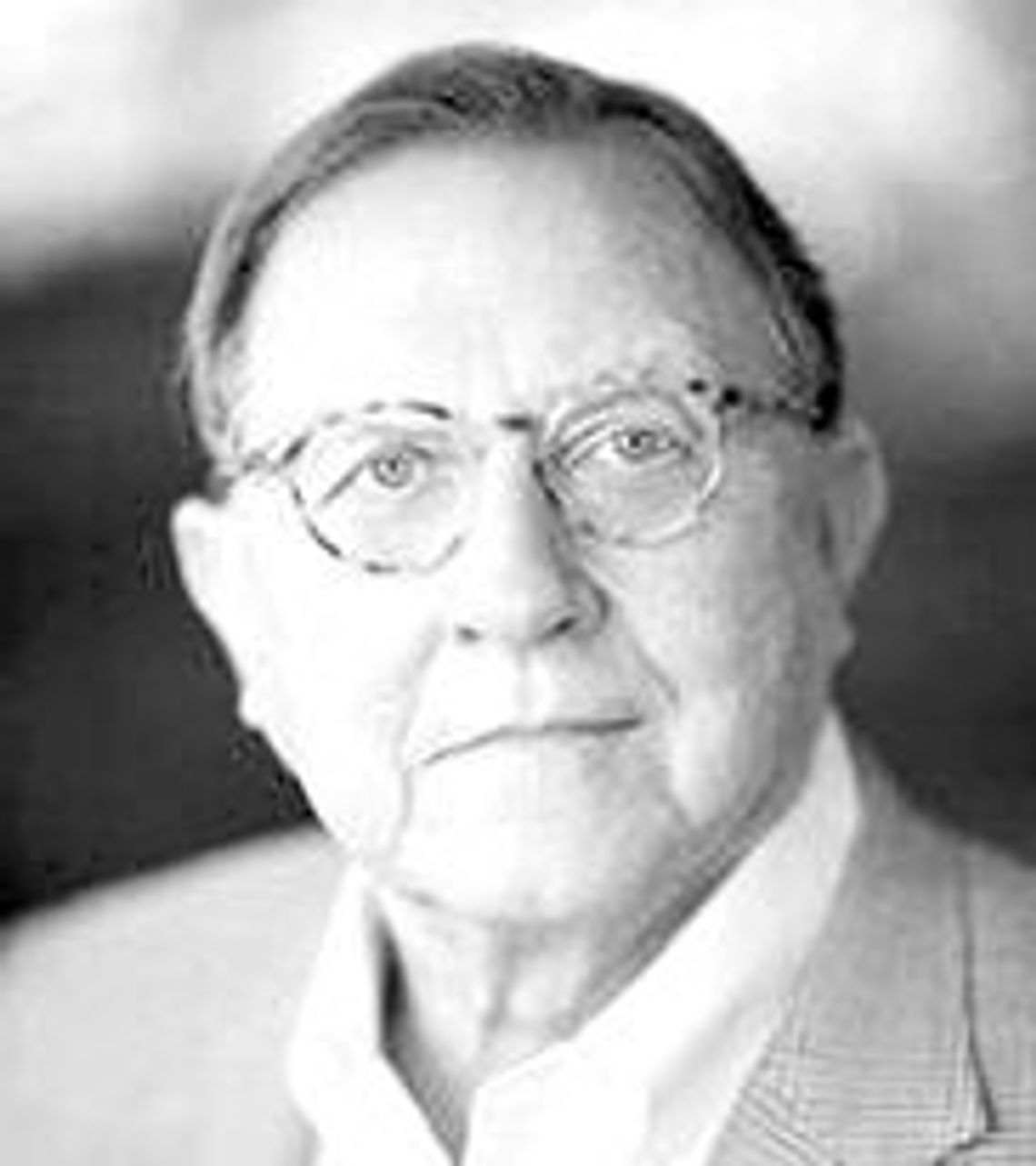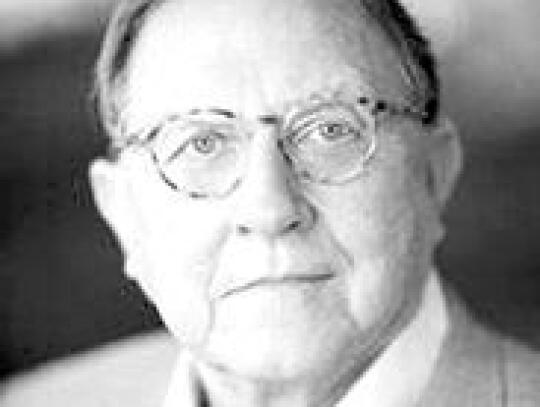Few voters choose to examine the process for nominating and electing the President. As the perilous, challenging future unfolds, review and reform are overdue.
The entire process, they will see, is akin to an enormous fourth branch of the federal government: The Presidential Election Campaign. (Hereinafter the “campaign” or the “process.”) Although, unlike the Legislative, Executive and Judiciary, the U.S. Constitution makes no provision for it.
Secondly, the campaign has become an electioneering siege of staggering costs — $14 billion in 2020. It entails a lengthy display of rallies, rants, public speeches, town-hall meetings, so-called debates, news conferences, primary elections and of course, mass mailings and TV ads. Mind you in an age of jet airplanes, lightning-fast communications and the world wide web. A writer in the Atlanta Journal-Constitution suggested recently that five weeks is all that is needed for the presidential election.
This, too, is worth noting. No qualified political scientist, reputable politician or public authority claims the campaign is the very best for nominating and electing the most qualified occupant of the most important office on the planet.
Nor, has the campaign increased public trust in representative government. By April of 2021 it had declined to 24 percent, according to a PEW survey. A more recent CNN poll found that 51 percent of Americans believe elected officials will successfully overturn the results of future elections their party loses.
A word about political parties. They are embedded in American politics and have been since the time of Jefferson and Hamilton. The party system is considered essential for democratic institutions. Parties exist for the purpose of choosing candidates who will advance the party program and win elections. Accordingly, party unity is, or ought to be, of salient importance.
Turning to the 2024 election, candidates must compete in an estimated 47 state primaries. Consider the physical exertions this must demand. Franklin Roosevelt’s impairments would have disabled him from joining the lengthy madness.
After half a century, the campaign’s defects appear losing at least some of their appeal. The case for reform is as follows:
1. As measured by every test of time and cost, the campaign has enlarged beyond all reasonable levels. Recall the blessed relief that settles over masses of people once it is finally over.
2. Unmistakable is the two-year campaign’s impediment to constructive action. “Nothing is going to happen up here until after the presidential election,’’ is a familiar Washington refrain.
3. The sentiment is growing that the campaign while not the sole source, is yet a significant source of polarization and political gridlock. State primaries negate party unity. They involve the party competing within itself. Especially in the case of open primaries unlimited by party affiliation.
4. State primaries are beset by sheer randomness. They are open doors to the conspicuously unqualified: plutocrats, celebrities and media figures. Fringe candidates, with no hope whatsoever of winning, join the fray to promote their own brand, advance book sales and widen their prospects for TV appearances.
5. Not to be ignored are the media’s incentives. They differ from substantive politics by catering to the novel candidate, the colorful figure, the combative personage. The media induce compelling narratives that have little to do with effective governing.
6. The net effect of state primaries is its unfortunate shift. That is, power and influence in choosing presidential candidates at the national conventions are shifted to another set of idealogues, factions, cleavages and interest groups voting in the state primaries: those with their own ox to gore i.e., agenda. An agenda often with no similarity to those of the national interest.
7. And then there are the Iowa and New Hampshire primaries. They’ve been the subject of criticism for years, as they should. These two small states hold their primaries in February, 10 months prior to the general election and first in the lineup of presidential primaries. Both states have small electorates, with even tinier minorities. Their advantages are unfair say the critics. Of course, it is true.
Regrettably, we hear and see no movement for adjustment of the status quo. The state primary system is unlikely to be abandoned altogether, but restoration of party power in the nominating process is clearly reachable. No more amateurs in the White House, please — in this era of nuclear weapons, climate change, war in Ukraine, demand for Earth’s critical minerals and ores and the rise of Communist China.
• Retired attorney Jim Thomas lives in Atlanta. Email jmtlawyerspeak@yahoo. com











